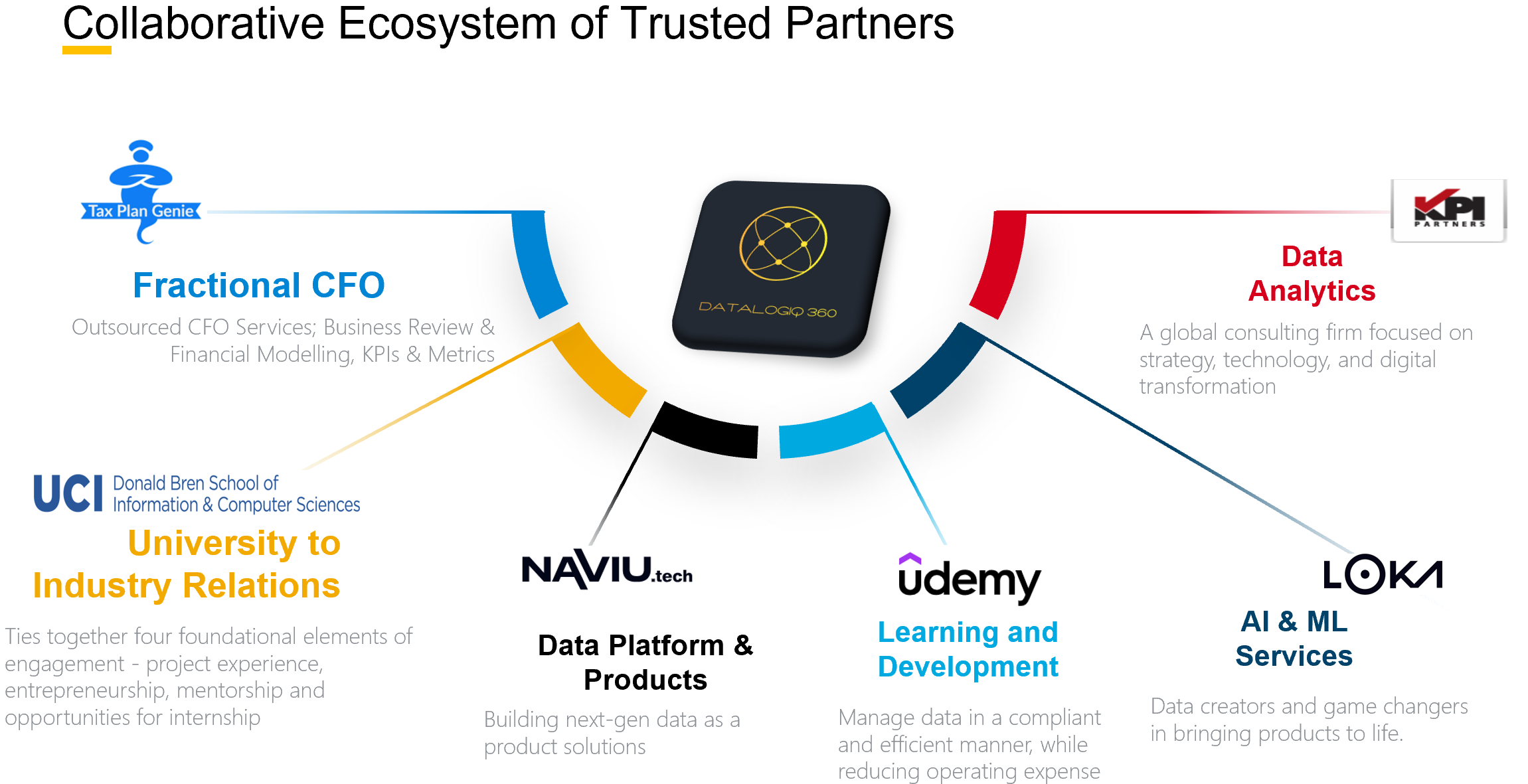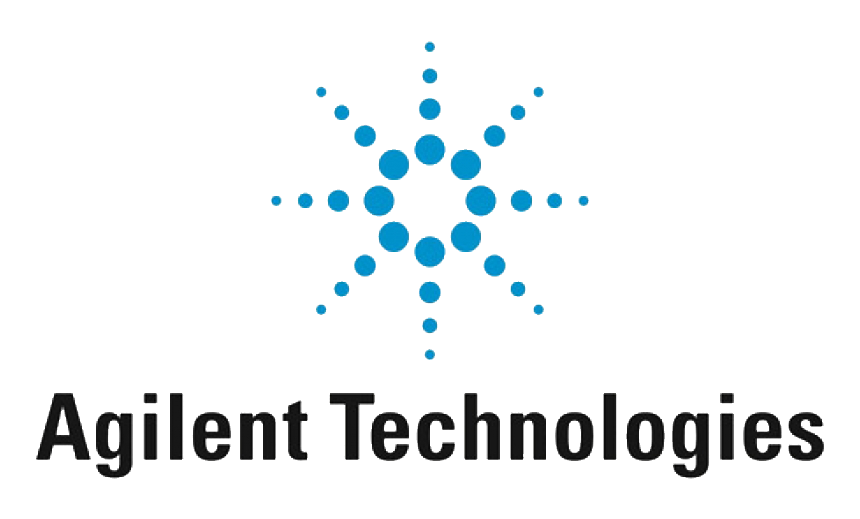Description
Harness Your Organization’s Data as a Value Driver
Organizations are accumulating vast amounts of enterprise data. However, its value as
a strategic asset is often lost as companies are unsure how to analyze the data, use
insights for decision making and measure the impact of data-driven outcomes.
DATALOGIQ 360’s Data Strategy program will empower you to generate untapped
value from your company’s data to business processes and drive tangible results.
The program is expertly designed to help you:
Each module in this two-month program is designed to help you create a high-level data strategy based on insights from DATALOGIQ 360’s years of experience in industry and developing data strategies for dozens of organizations.
Module 1: Introduction to Data Strategy
Apply a value creation framework with four perspectives to generate insights from data and learn to build data-driven products at scale to execute your data strategy.
Module 2: Developing a Data Strategy
Learn a practical three-step methodology of contextualization, ideation, and prescription to develop a successful data strategy.
Module 3: Data Management
Identify frameworks for data architecture, data storage, and data operations; assess the data life cycle; and explore the practical uses of three important categories of data: metadata, reference data, and master data.
Module 4: Data Governance, Quality, and Security
Assess how data governance ensures that data stays reliable and secure; develop an effective approach to data security; and understand the best practices to comply with privacy regulations, such as FFIEC, OCC, GDPR, HIPAA and CCPA.
Module 5: Data Platform and Architecture
Organize data technologies into four categories: data generation and acquisition; data integration and management; data analysis; and data operationalization. Identify the technologies and applications for each step of your data process.
Module 6: Data Organization and Culture
Gain a high-level view of how to build a culture to enable data-driven decision making in your organization; formally structure your organization to create value from your data; and evaluate the importance of roles such as chief data officer.
categories of data: metadata, reference data, and master data.
Module 7: Data at the Leading Edge
Look to the future of data, discovering what’s possible in data science, AI, and different analytic approaches that can inform your business decisions and automate processes in ways never before possible, including descriptive and prescriptive modeling.









Reviews
There are no reviews yet.